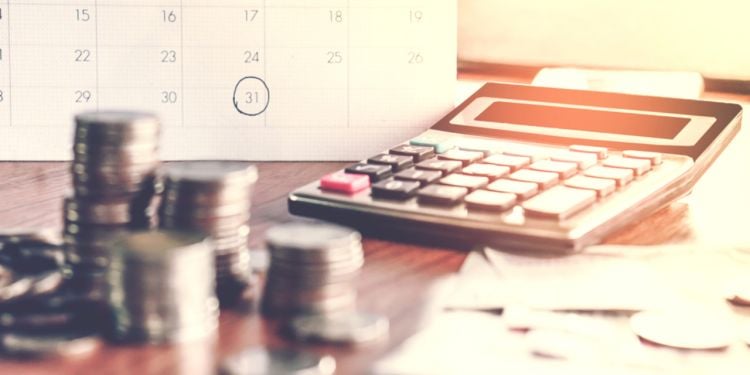Paying taxes in Bahrain

Bahrain draws expats from all over the world, in large part due to its generous taxation laws. Workers in Bahrain, including expats, are exempt from income tax, making the quality of living in the country very high, with residents able to save money and enjoy life. However, there are still some forms of taxation expats should be aware of.
Income tax
Bahrain does not have an income tax in place, as many other countries do. Bahrain is able to offer this due to the country's immense wealth from the oil industry, and through taxes paid by businesses, making it a very desirable country for expats seeking work.
Although workers are immune from income tax, they should be aware of income tax requirements from their home country, as the might be subjected to double tax payments. Bahrain has set up tax treaties with many countries, to prevent double taxation, so check with the Ministry of Finance to find out how this may impact your income.
Although there is no income tax, workers do pay into social services for the country. These are directed straight from your pay each paycheck. These taxes include a small percentage of your salary to social security/health care expenses, and a small social insurance tax. This tax helps to fund education and training programs and to pay unemployment benefits. Some workers may be exempt, such as military officials. The rate of taxation is calculated differently for Bahraini and non-Bahraini workers.
Expats and locals do not need to file any yearly income tax paperwork to Bahrain; only as required by your home country.
Municipal tax
Expats are required to also pay a municipal tax, which is equal to 10% of your monthly rent for your property or apartment. Even if you are only renting for a short term, you will still be subject to this tax.
Good to know:
This is only applicable to expats and is not paid by locals. When you are renting, ask your agent about this fee, as it is sometimes included in your rental price, but may not be.
Other tax
Bahrain has very few taxes to be aware of. There is no sales tax, or value-added tax, with the exception of fuel, which is taxed at 12%. However, a value-added tax is scheduled to come into law in late 2018, this so may change.
Although there is no sales tax, you still may find some goods more expensive than your home country, due to import taxes paid by the business.
Bahrain has no inheritance tax or wealth tax, and also no capital gains tax on the sale of property.
Corporate taxation
If you own or operate a business in Bahrain, corporate income is not taxed, except for the oil and gas industry, which is taxed at 46%. There is currently discussion of introducing a corporate income tax in Bahrain, which would apply to all businesses, but this is not confirmed yet.
Useful links:
Ministry of Finance
PWC Corporate Taxation Guide
Countries with double taxation treaties with Bahrain









